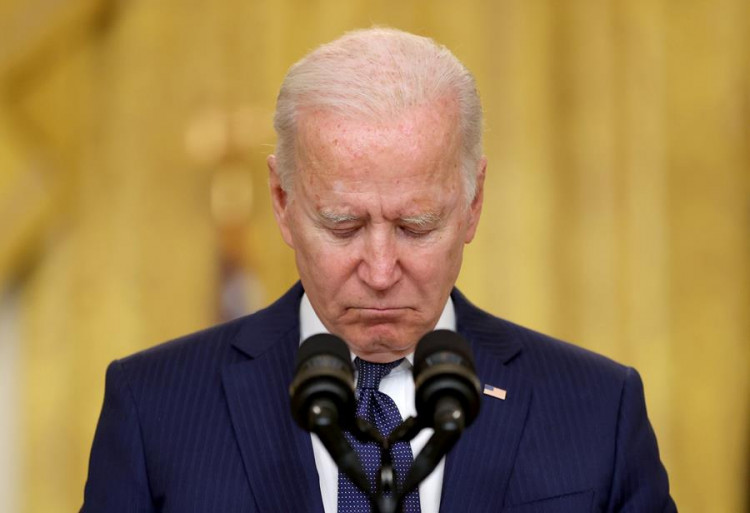President Joe Biden's widely criticized performance in a recent debate against former President Donald Trump has reignited discussions within the Democratic Party about the possibility of replacing him as the party's nominee for the 2024 election. Although Biden has shown no indication of stepping down, the speculation has reached a fever pitch, with party members considering the potential implications and the complex process that would ensue.
Biden, who is 81 years old, has faced increasing scrutiny over his age and capacity to serve another term. Thursday's debate performance, marked by faltering speech and apparent lapses, intensified calls from some quarters for Biden to withdraw. Should he decide to step aside, the Democratic National Committee (DNC) would need to navigate a complicated and potentially contentious process to select a new nominee.
Biden has not been officially named as the Democratic nominee; the party will formally select its candidate during the convention in Chicago from August 19 to 22. Despite this, Biden has already secured 3,894 pledged delegates through primary victories, far exceeding the number needed to clinch the nomination. The DNC plans to virtually nominate Biden before the convention to meet an Ohio ballot deadline on August 7.
If Biden were to withdraw, his pledged delegates would become uncommitted, sparking a scramble among potential candidates to secure their support. Elaine Kamarck, a senior fellow at the Brookings Institution and a member of the DNC rules committee, explained that such a scenario could lead to a highly unpredictable convention. "Candidates who step into the breach hoping to take the place of the fallen candidate will find out who these delegates are and woo them in as many ways as they can," Kamarck wrote. "The outcome will be a convention where the result may not be known ahead of time."
Vice President Kamala Harris would likely emerge as a strong contender, given her high national profile and the support she could garner from Biden's delegates. However, other names have been floated, including California Governor Gavin Newsom and Michigan Governor Gretchen Whitmer. Harris's own polling numbers have been lackluster, raising questions about her viability as a candidate.
In the event of Biden's withdrawal, the first ballot at the convention would require a majority of the roughly 4,000 pledged delegates to select a nominee. If no candidate secures a majority, the process would move to a second ballot, where superdelegates-senior Democratic party leaders-would also vote, increasing the pool of delegates to about 4,700. A winning candidate would need around 2,300 votes. Superdelegates could play a crucial role, swaying the outcome with their endorsements.
The last time Democrats faced a contested convention was in 1968, a year marked by political turbulence and public unrest. The parallel between that election and the potential scenario in 2024 is striking. President Lyndon Johnson's decision not to seek re-election and the assassination of Robert F. Kennedy led to a contested convention in Chicago, which was marred by violence and protests. Ultimately, Vice President Hubert Humphrey secured the nomination but lost to Richard Nixon in the general election.
Despite the speculation, it remains highly unlikely that Biden will step down. His advisors have firmly stated his intention to continue, and the party lacks a mechanism to force him out. Unless Biden has a significant change of heart or faces a major health issue, he is expected to be the Democratic nominee in November.
If Biden were to withdraw after the convention, the DNC's 435 members would convene in a special session to select a new nominee. This group is diverse, including labor leaders, LGBTQ representatives, and racial minorities. Any candidate would need the support of a minimum number of these members, likely around 60, to be considered.





